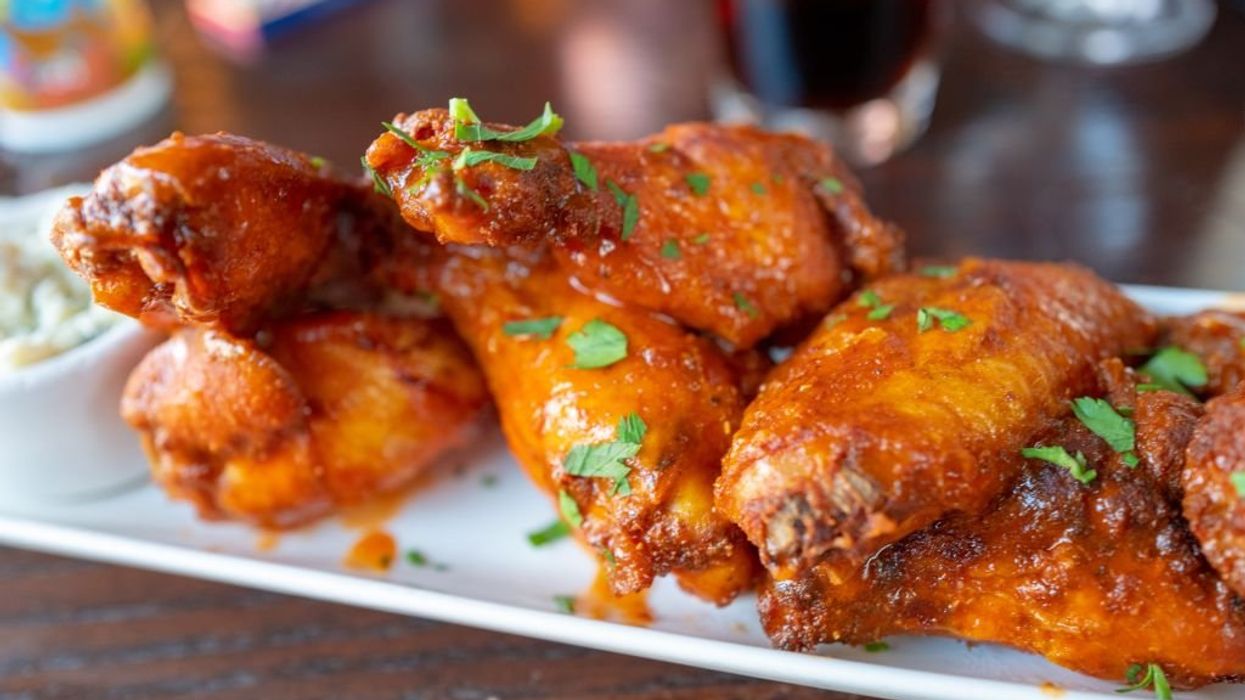It’s no secret that labor unions in both the private and public sectors have been in trouble for quite some time now.
Faced with the evolving demands of a global economy, many workers no longer think the benefits of collective bargaining are worth the high risks of unionization (namely, negotiating oneself out of a job). As such, unionization rates have plummeted over the past three decades — from 18.5 percent in 1983 to 7.5 percent in 2013 in the private sector and 45.5 percent to 38.7 in the public sector.
But, Big Labor will not go down without a fight.
[sharequote align="center"]But, Big Labor will not go down without a fight.[/sharequote]
Especially over the past year, unions have executed some creative new strategies to increase their influence and boost their membership rolls. Unfortunately but unsurprisingly, these techniques trample on the rights of businesses to operate in a stable legal environment and individuals to choose how to lobby for better wages and working conditions.
Take a recent battle in Seattle for example.
Earlier this month, the Seattle City Council approved a substantial minimum wage hike to $15 per hour, giving larger businesses with over 500 employees three years to comply and smaller businesses seven. However, under current labor law, franchises like fast food chains are technically small businesses since they are owned and operated locally. In plain English, the McDonalds down your street is not actually owned by the Illinois-based corporation but a business owner in your community.
This fact has historically made it hard for unions to influence the labor policy of franchises. As Corilyn Shropshire of the Chicago Tribune explains, “A union would have to launch a campaign with every employer and gain the support of the majority of the workers at every location” to unionize a franchise.
 A protester dressed as Ronald McDonald participates in a rally to demand higher wages for fast-food workers outside a McDonald restaurant in Seoul, South Korea, Thursday, May 15, 2014. About 30 labor union members joined the global action to ask higher pay for part-time workers.(AP Photo/Ahn Young-joon)
A protester dressed as Ronald McDonald participates in a rally to demand higher wages for fast-food workers outside a McDonald restaurant in Seoul, South Korea, Thursday, May 15, 2014. About 30 labor union members joined the global action to ask higher pay for part-time workers.(AP Photo/Ahn Young-joon)
So instead of using its typical toolkit, unions have found new ways to impact wage and working conditions in franchised businesses.
In Seattle, they did so by pushing the council to treat franchises like big businesses with the minimum wage hike, giving them a mere three years to comply with the $15 wage floor instead of seven. This effort is fiscally dangerous since individual franchises sink and swim on their own without any help from the larger corporation. As such, fast food chains in Seattle will likely see a stark decrease in hiring over the next few months to remain profitable amidst increasing labor costs. Or, even worse, they may be pushed to replace human labor with machines to take orders, as many fast food chains in Europe already do.
Sadly, Seattle is just the first front in a multi-city campaign by the Service Employees International Union to redefine franchises as big businesses.
As Steve Caldeira of the International Franchise Association explains in The Wall Street Journal, “If the courts and federal agencies go along with the change, unions can start organizing entire national chains.”
If they’re not stopped, union bosses could soon be collecting dues and dictating the collective bargaining decisions for millions of franchise workers across the country, whether they like it or not.
 Labor organizers and fast food workers march through a McDonald's restaurant near the Space Needle on Thursday, May 30, 2013 in Seattle. Seattle recently increased the minimum wage to $15 per hour. (AP)
Labor organizers and fast food workers march through a McDonald's restaurant near the Space Needle on Thursday, May 30, 2013 in Seattle. Seattle recently increased the minimum wage to $15 per hour. (AP)
Sadly, this is not the only trick Big Labor has up its sleeve.
In 2009, Gov. Pat Quinn (D-Ill.) issued an executive order unionizing the caretakers of in-home patients that received Medicaid benefits. However, most of these caretakers are not proper employees of the patient, but rather family members.
Such is the case for Pam Harris, a suburban mom living outside of Chicago who cares for her disabled son, Josh. Despite the fact that she does not receive compensation from the government, Quinn’s executive order reclassified her as a state employee and forced her to pay membership dues to the SEIU against her wishes. This deliberate scheme to bolster the waning membership rolls of public sector unions is sadly spreading, with recent attempts proving successful in Missouri, Michigan, and Wisconsin.
Fortunately, Harris is challenging the law before the Supreme Court in the case Harris v. Quinn, with a decision expected soon. (UPDATE: Supreme Court rules against labor union practice of collecting dues from home health care workers)
Regardless of the outcome, Americans should beware of unions’ increasingly desperate attempts to increase membership lest the individual rights of workers be at risk. Unions have historically played an important role in ensuring adequate compensation and safe working environments for American employees. Just as freedom of association promises individuals the choice of where to work, so too should they have the choice of who should represent them in collective bargaining (if anyone at all).
Casey Given is an editor and political commentator at Young Voices, a startup aimed at promoting Millennials' voice in the media.
–
TheBlaze contributor channel supports an open discourse on a range of views. The opinions expressed in this channel are solely those of each individual author.


 A protester dressed as Ronald McDonald participates in a rally to demand higher wages for fast-food workers outside a McDonald restaurant in Seoul, South Korea, Thursday, May 15, 2014. About 30 labor union members joined the global action to ask higher pay for part-time workers.(AP Photo/Ahn Young-joon)
A protester dressed as Ronald McDonald participates in a rally to demand higher wages for fast-food workers outside a McDonald restaurant in Seoul, South Korea, Thursday, May 15, 2014. About 30 labor union members joined the global action to ask higher pay for part-time workers.(AP Photo/Ahn Young-joon)
 Labor organizers and fast food workers march through a McDonald's restaurant near the Space Needle on Thursday, May 30, 2013 in Seattle. Seattle recently increased the minimum wage to $15 per hour. (AP)
Labor organizers and fast food workers march through a McDonald's restaurant near the Space Needle on Thursday, May 30, 2013 in Seattle. Seattle recently increased the minimum wage to $15 per hour. (AP)


